 Deal Plumbers
Deal Plumbers
 Deal Plumbers
Deal Plumbers
Clogged Drains offers a targeted plumbing service that addresses blockages in sinks, showers, bathtubs, and sewer lines using professional-grade equipment and diagnostic methods. The service involves removing clogs caused by debris, grease buildup, or invasive roots, restoring proper water flow and avoiding further damage. With both emergency response and routine maintenance, this service maintains a healthy and efficient plumbing system
We provide top-quality Plumbing services throughout Monmouth County. Whether you need help with Clogged Drains or other issues, our Pros is ready.
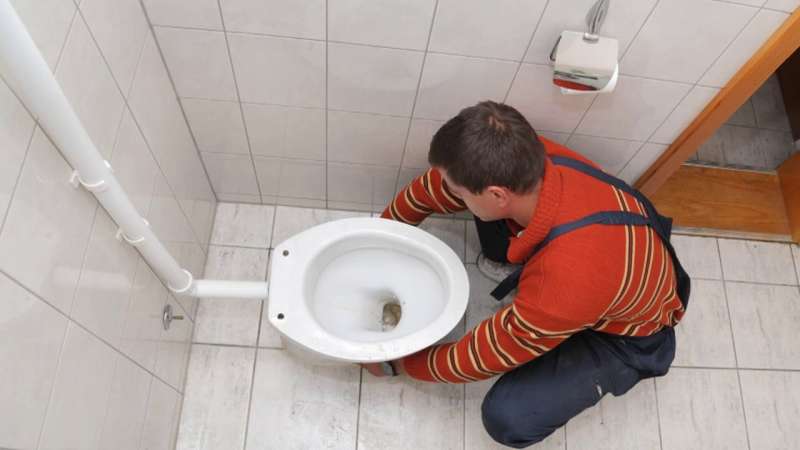
Installing dishwashers, water heaters (tank and tankless), garbage disposals, and washing makers.
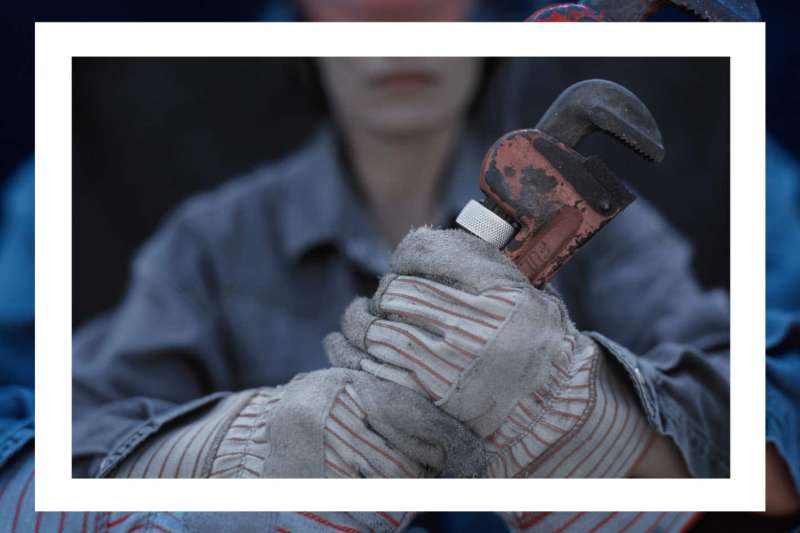
Ensuring backflow prevention devices are working correctly.
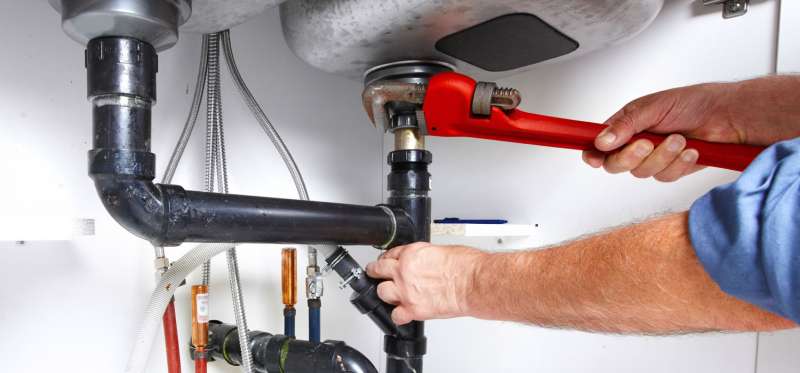
Transferring or upgrading plumbing systems.
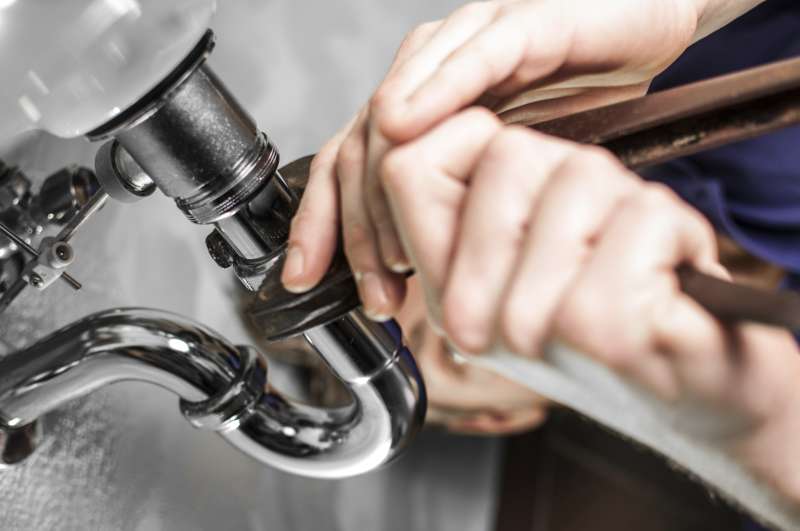
Making sure plumbing systems meet regional policies.
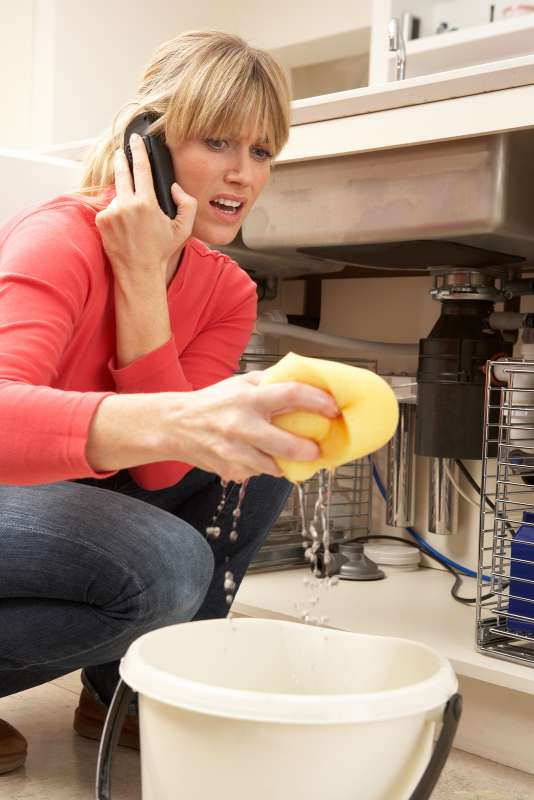
Immediate reaction to prevent flooding and water damage.

Clearing obstructions in sinks, toilets, showers, and drain lines.
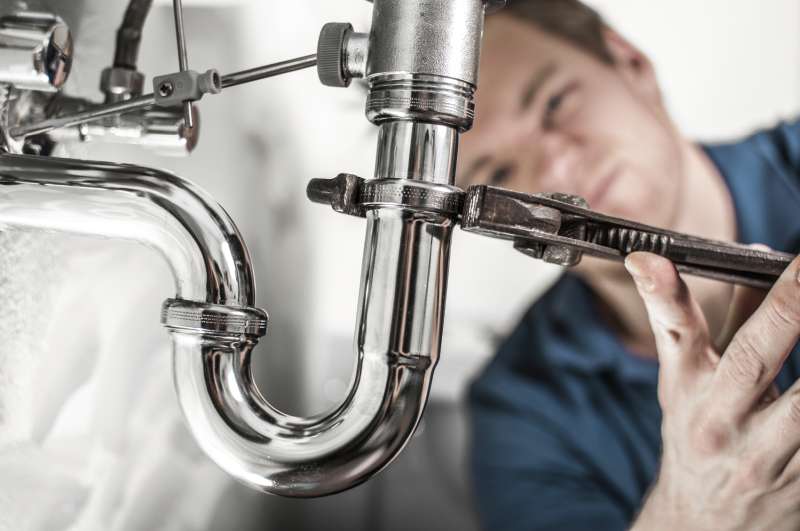
Regular cleansing to prevent clogs and preserve flow.
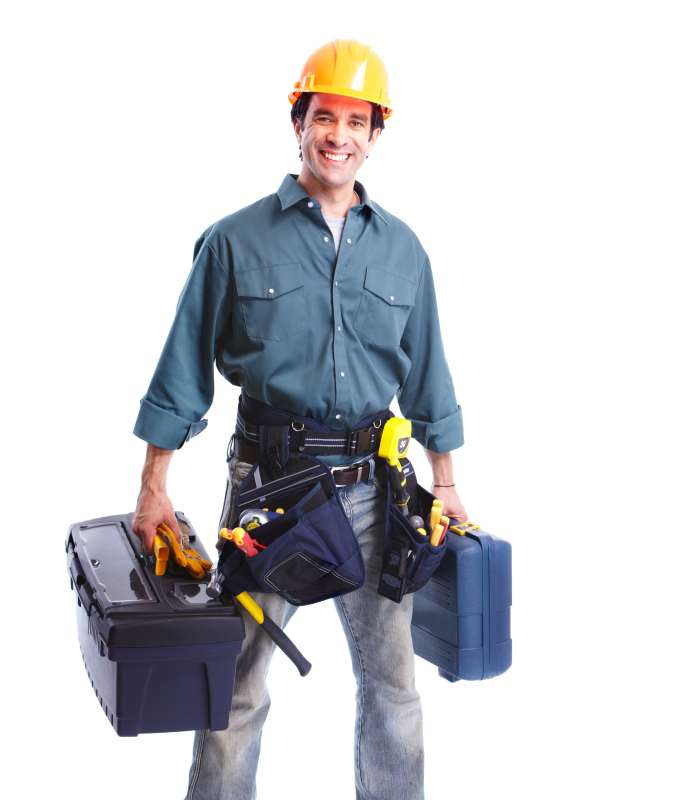
Repairing malfunctioning faucets, toilets, and other fixtures.
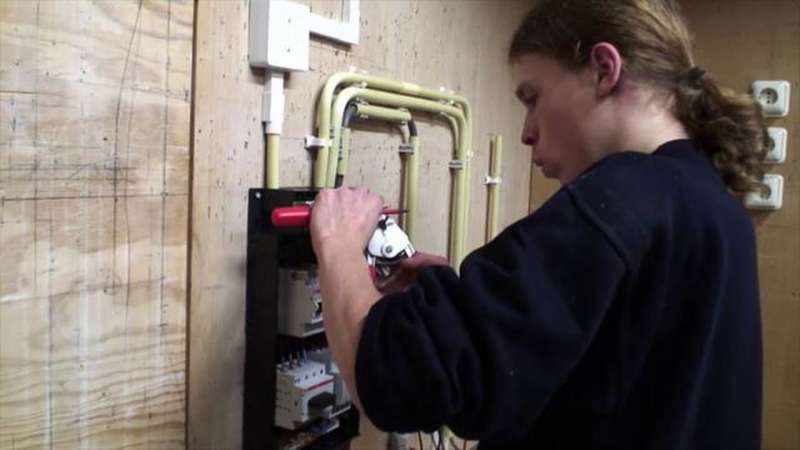
Installation of sinks, faucets, toilets, bathtubs, and showers.
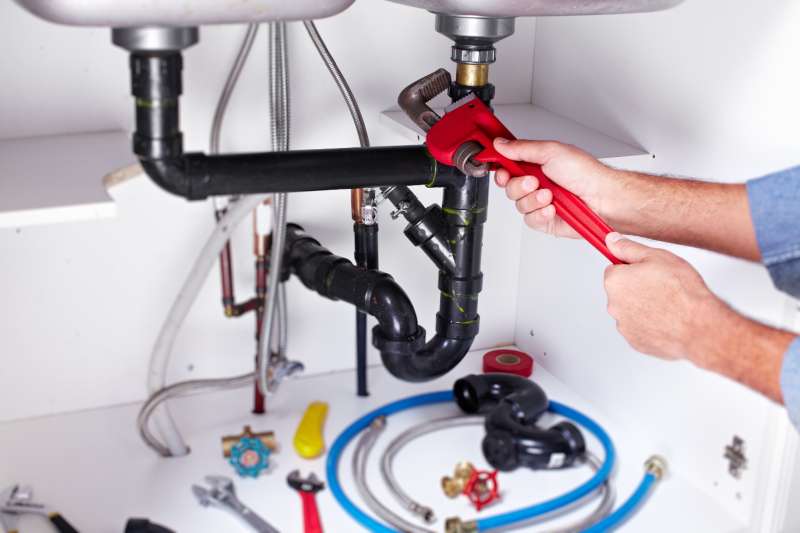
Emergency detection and repair to prevent risks.
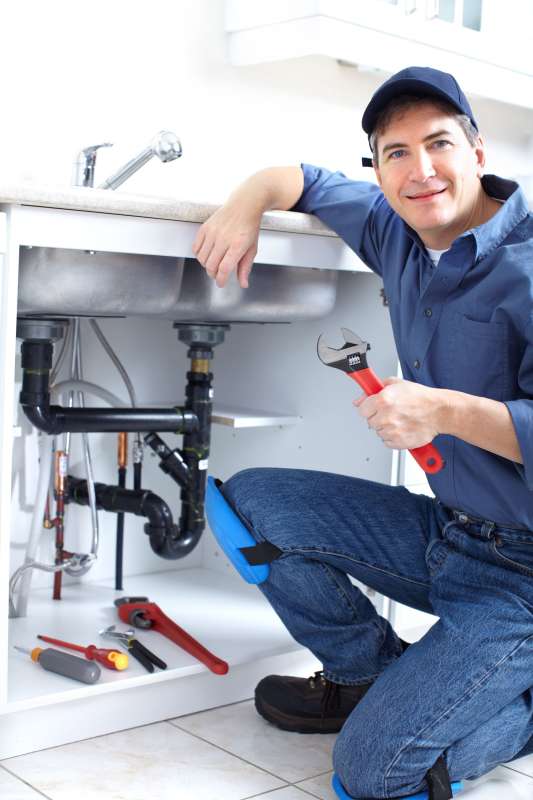
Repairing gas leakages and guaranteeing proper gas line operating.
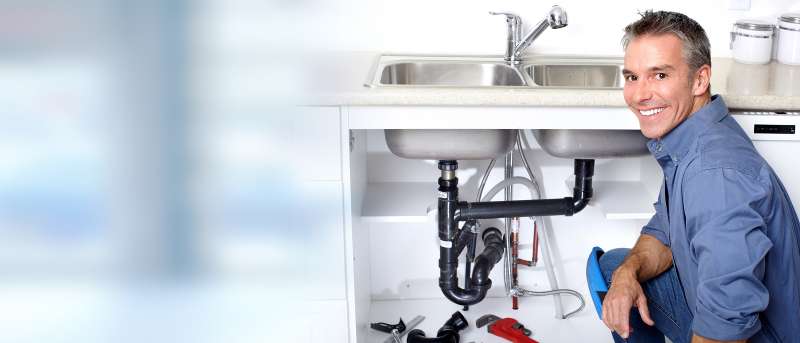
Setting up systems for reusing home wastewater.
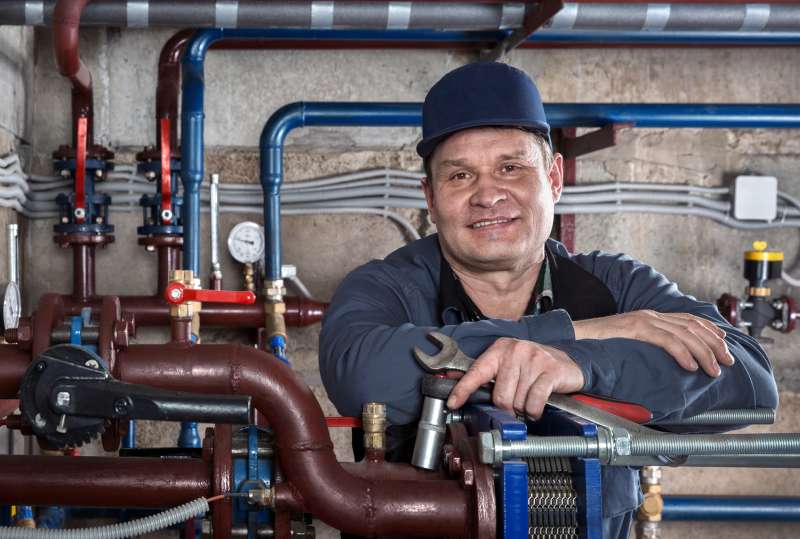
Installing and preserving radiant floor heating unit.
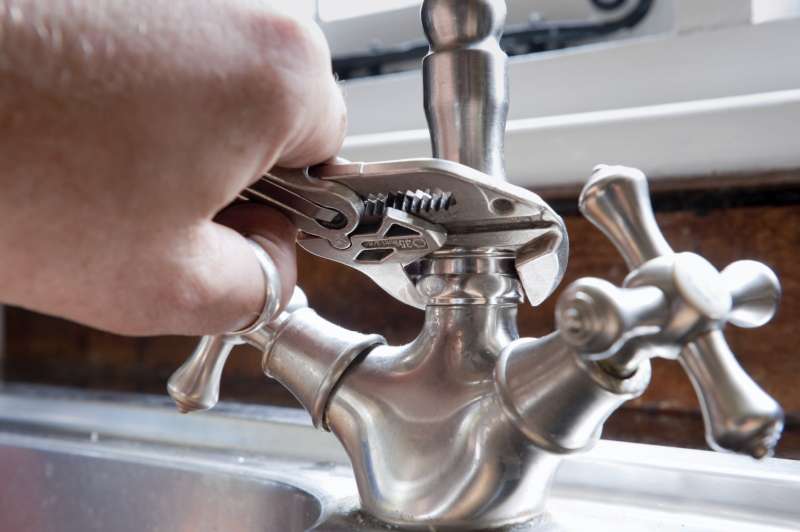
Specialized piping for factories or commercial settings.
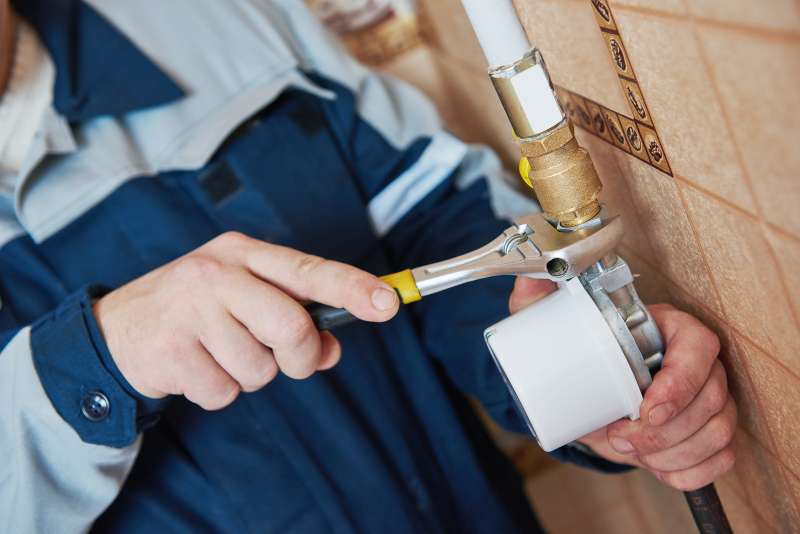
Installing and keeping outside watering.
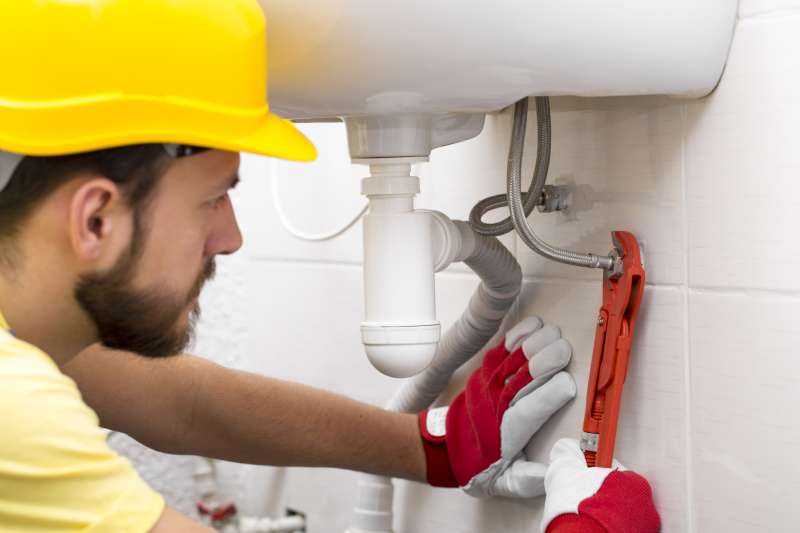
Plumbing systems for new structures or renovations.
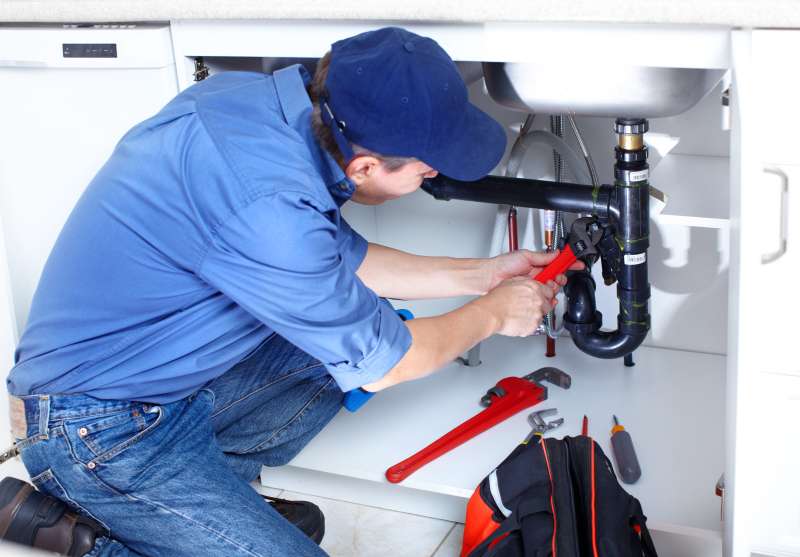
Repairing leaks in pipes, faucets, toilets, and home appliances.
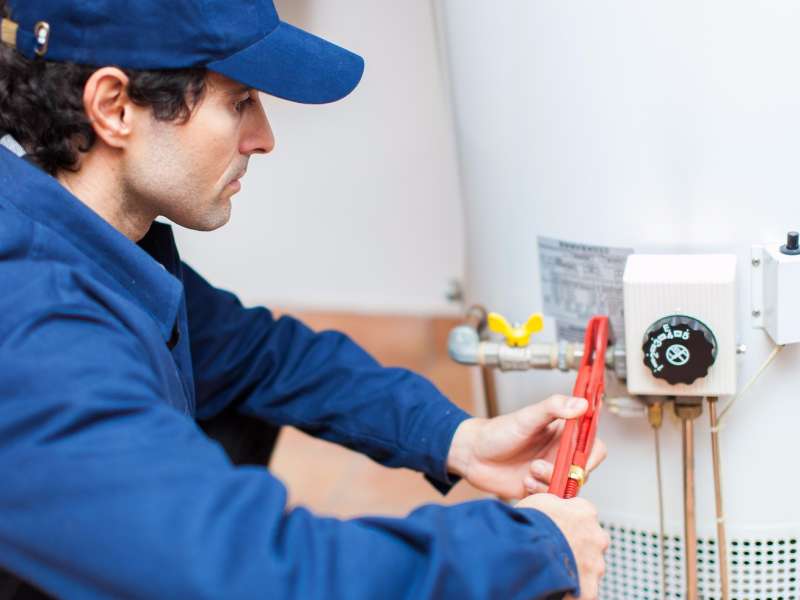
Quick resolution of severe clogs and overflows.
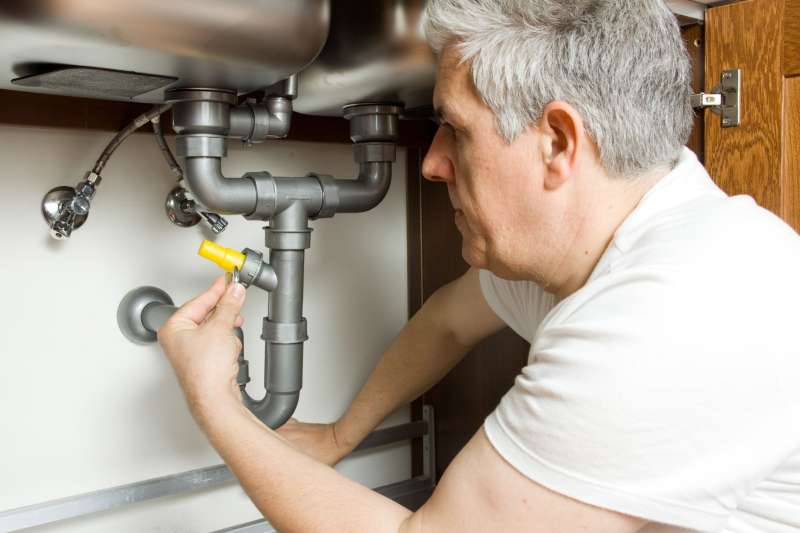
Using electronic cameras to inspect pipes for damage or blockages.
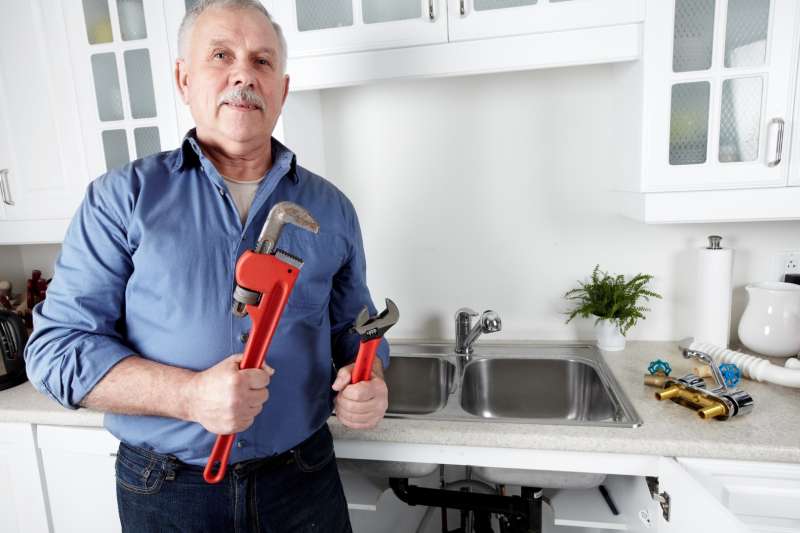
Repairing or replacing burst, corroded, or harmed pipes.
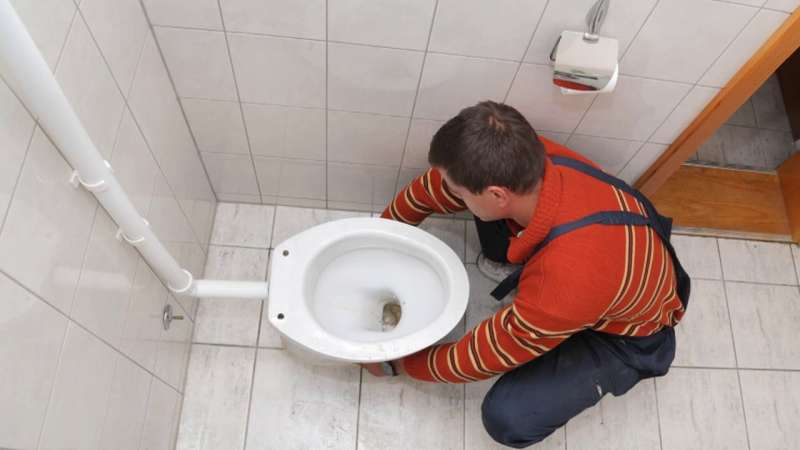
Installing new piping systems for water, gas, and drain.
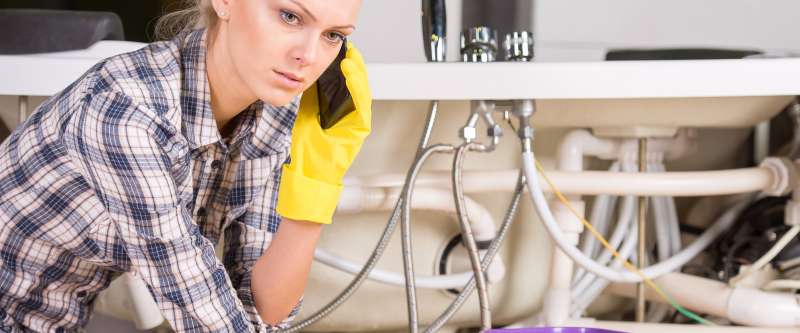
Examining plumbing systems before buying residential or commercial property.
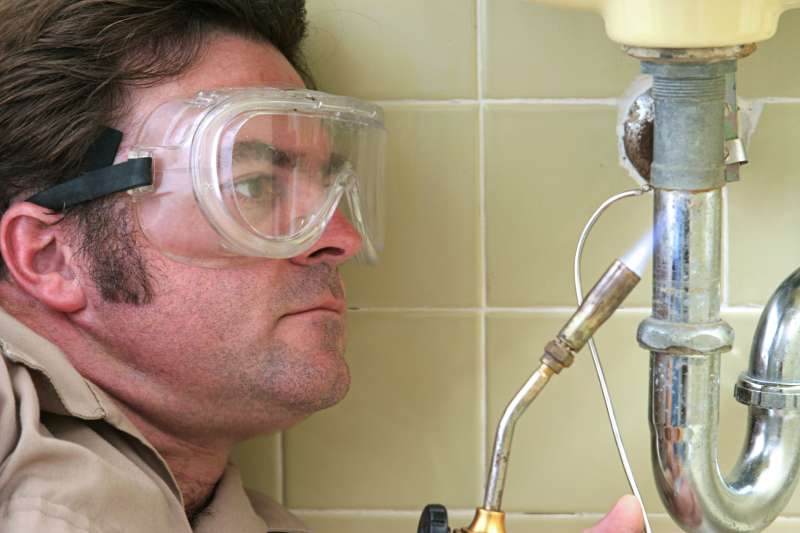
Setting up systems to gather and utilize rainwater.
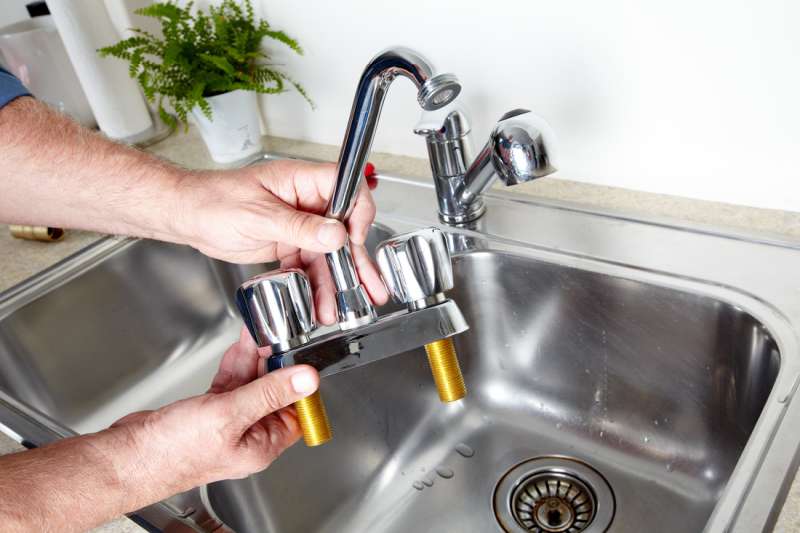
Ongoing upkeep services for services.
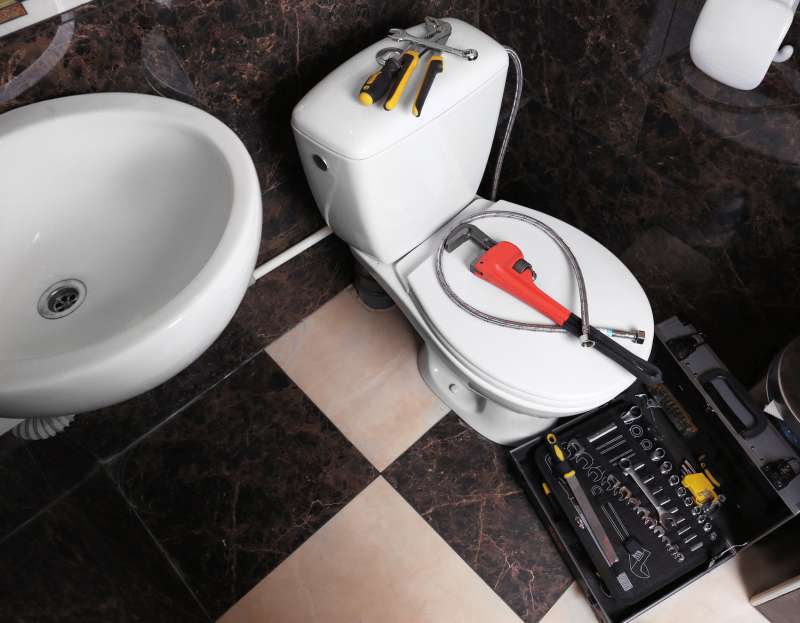
Setting up, repairing, and maintaining septic tanks.
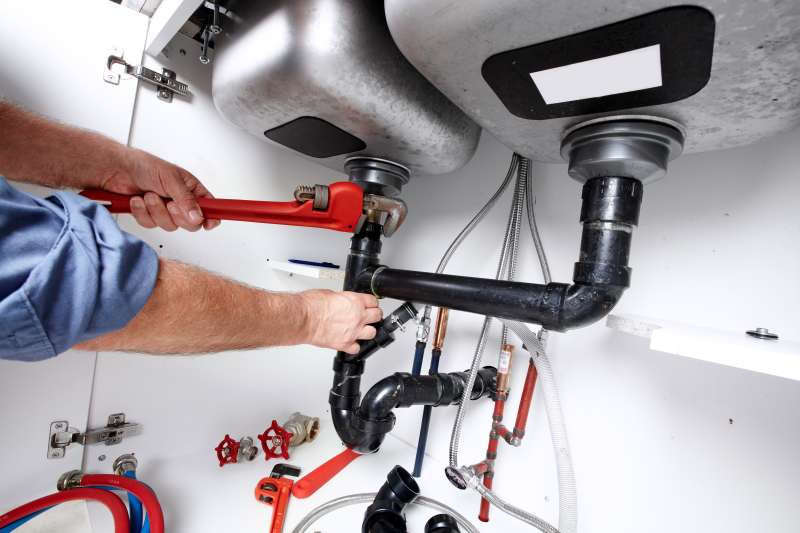
Managing groundwater in basements.
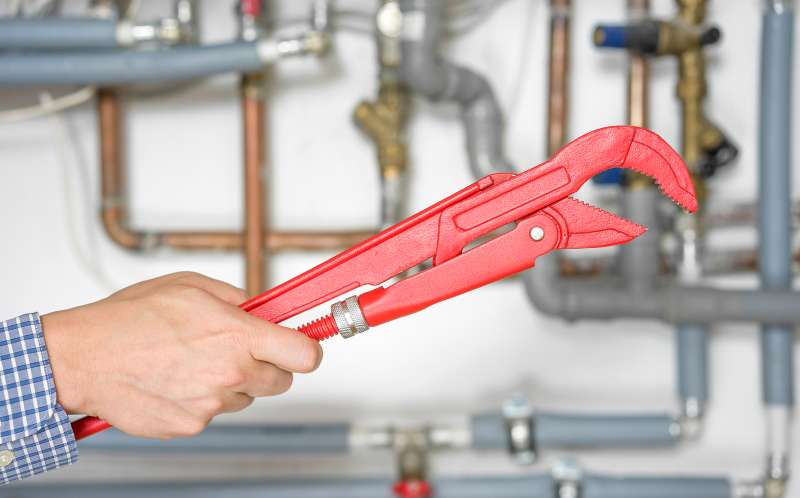
Installing water-efficient or contemporary components.
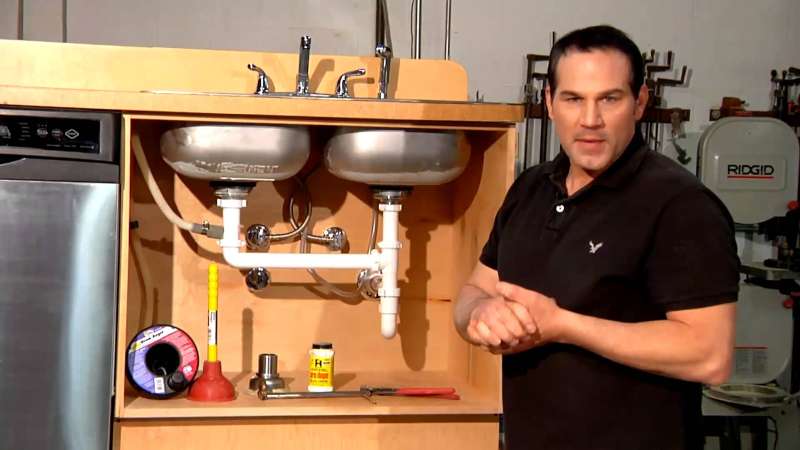
Encouraging on water-saving methods and products.
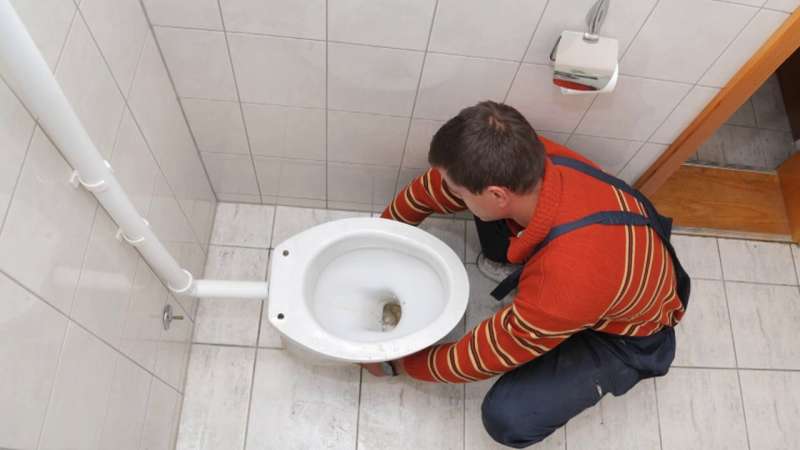
Installing water conditioners and filtration systems.
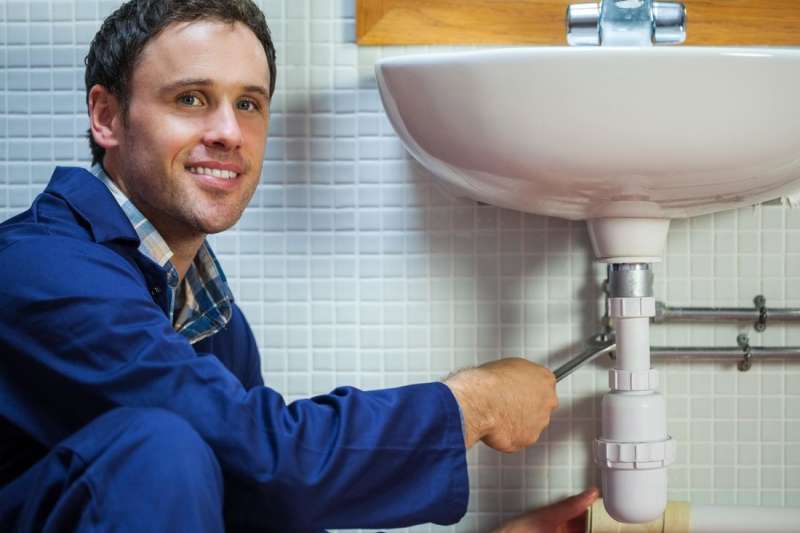
Flushing and checking hot water heater to extend lifespan.
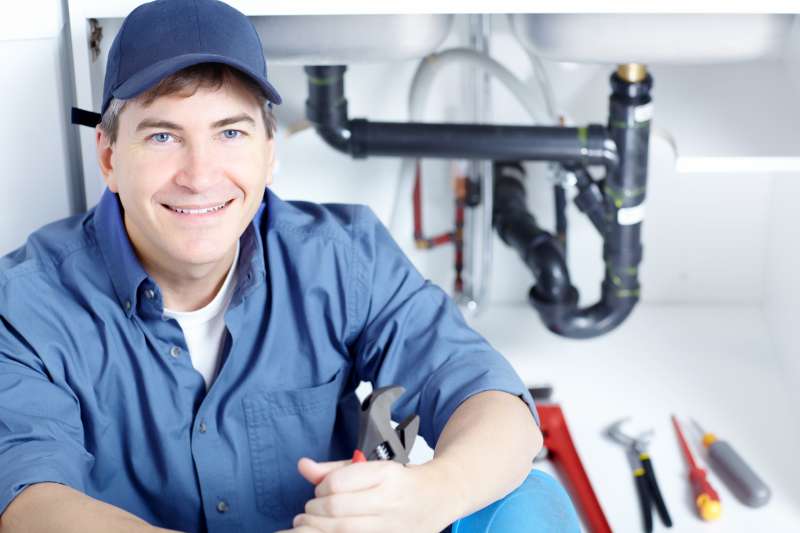
Addressing issues with temperature, leaks, or failure to heat water.
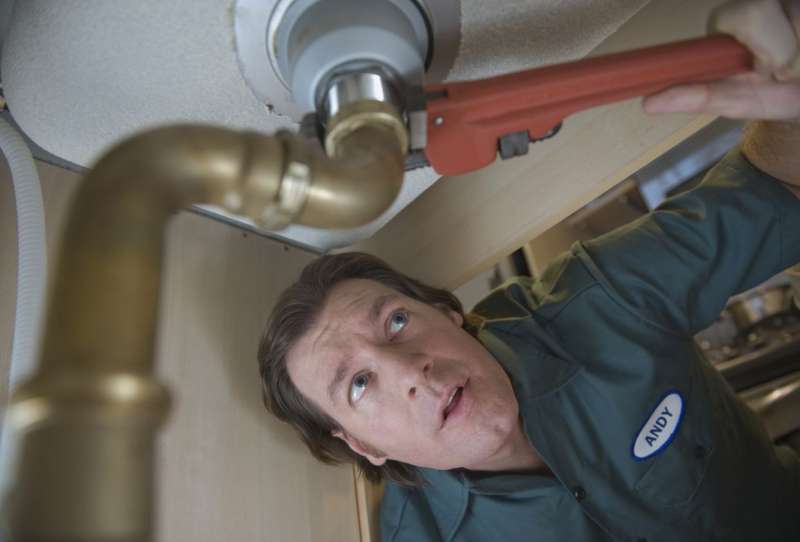
Safeguarding basements or other locations from water invasion.
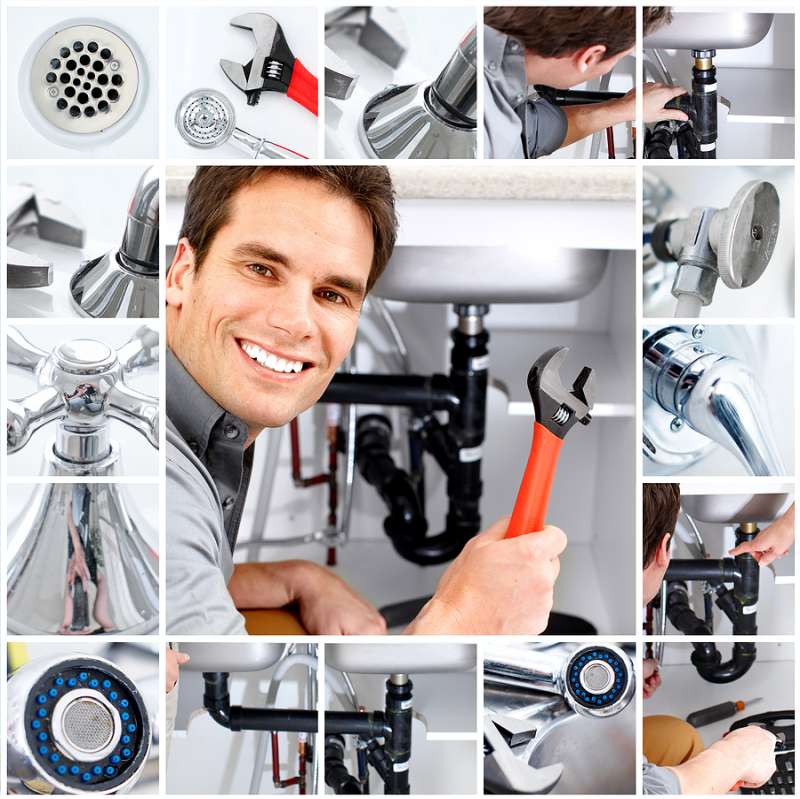
Immediate attention to prevent contamination and health threats.